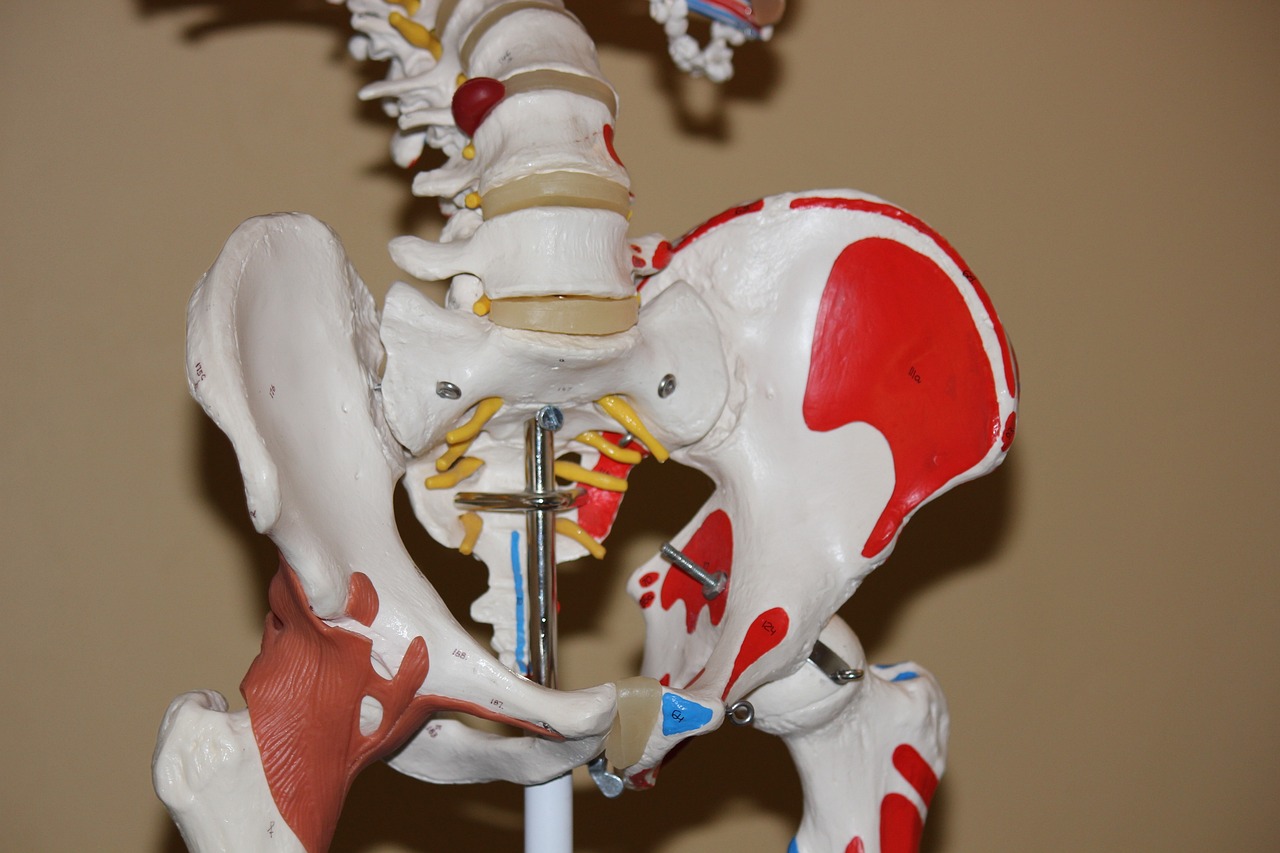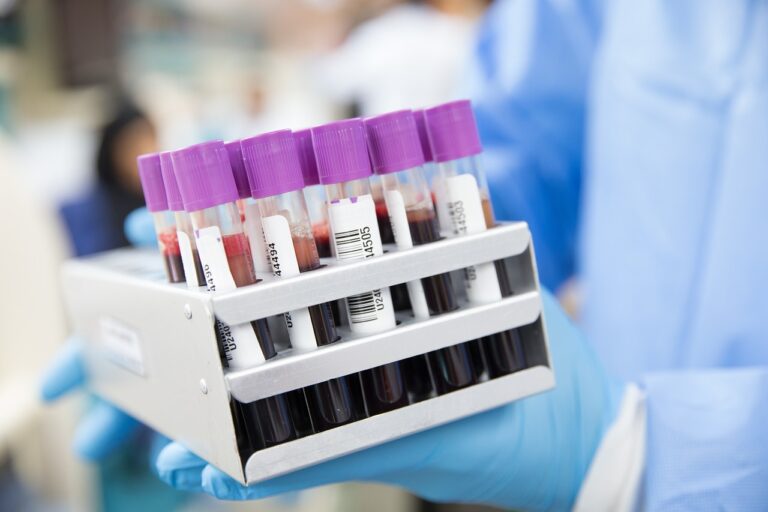The Role of Community Health Workers in Underserved Areas
Community health workers play a crucial role in bridging the gap between underserved communities and healthcare services. Their presence in these areas helps to improve access to vital healthcare information, preventive services, and support for individuals who may not otherwise seek medical help. By being culturally competent and understanding the unique needs of the community, these workers are able to establish trust and facilitate better health outcomes.
Moreover, community health workers serve as advocates for underserved populations, empowering individuals to take charge of their health and well-being. They provide valuable education on managing chronic conditions, promoting healthy behaviors, and connecting residents to resources that can address their specific healthcare needs. Through their dedication and commitment to the community, these workers contribute significantly to reducing health disparities and improving overall quality of life in underserved areas.
Challenges Faced by Community Health Workers
Community health workers often encounter various obstacles in their important roles. One significant challenge is the lack of adequate resources and funding. Many of these dedicated individuals work in underserved areas where resources are limited, making it difficult for them to provide comprehensive care and support to the community members they serve.
Additionally, another common challenge faced by community health workers is the lack of recognition and appreciation for the vital work they do. Despite their essential role in promoting health and wellness within communities, they are often undervalued and underappreciated, which can lead to feelings of frustration and burnout among these crucial healthcare professionals.
• Limited resources and funding in underserved areas
• Difficulty providing comprehensive care and support
• Lack of recognition and appreciation for their work
• Feelings of frustration and burnout among community health workers
Training and Education Requirements for Community Health Workers
Community health workers play a crucial role in bridging the gap between healthcare services and underserved populations. To become a successful community health worker, individuals typically need to complete a formal training program. These programs often include courses in public health, communication skills, cultural competency, and basic medical knowledge.
In addition to formal training, aspiring community health workers may also need to obtain certification or licensure, depending on the state or region in which they plan to work. This certification process helps to ensure that community health workers have the necessary skills and knowledge to effectively serve their communities. Some employers may also require additional on-the-job training or continuing education to keep up with the evolving healthcare landscape.
What are the benefits of having community health workers in underserved areas?
Community health workers play a crucial role in providing culturally competent and accessible health services to underserved populations. They help bridge the gap between the community and healthcare system, improve health outcomes, and reduce healthcare disparities.
What are some challenges faced by community health workers?
Some of the challenges faced by community health workers include limited resources, lack of recognition and support, burnout, and dealing with complex social and health issues within their communities.
What are the training and education requirements for community health workers?
Training and education requirements for community health workers vary by state and employer, but typically include completing a formal training program, such as a certificate or associate’s degree in community health, public health, or a related field. Some employers may also require certification or licensure. Additionally, ongoing professional development and continuing education are often necessary to stay current in the field.







